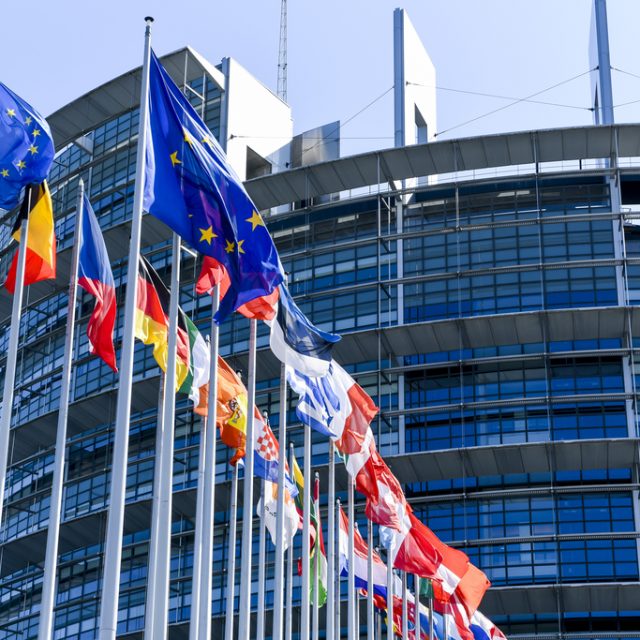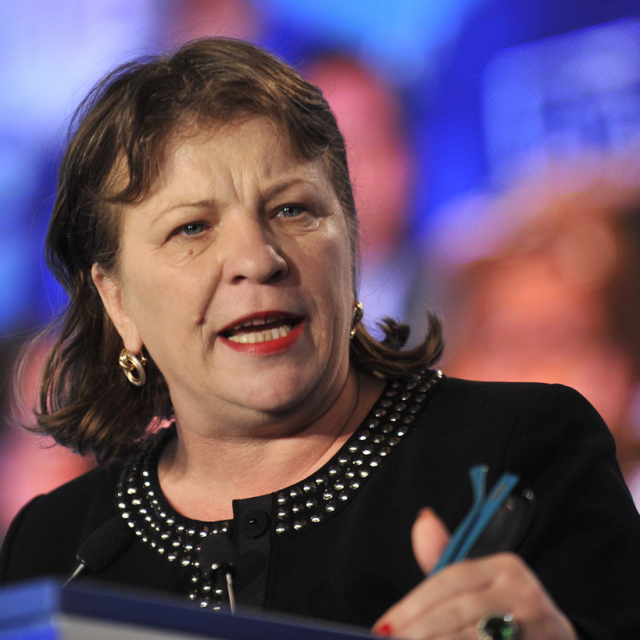Photo by Serhiy Hipskyy on Unsplash
On the International Day to End Impunity for Crimes against Journalists (3 November) the NUJ has renewed its steadfast commitment to “eradicating the targeting and killing of journalists worldwide.”
It says it does so “whilst standing in solidarity with the International Federation of Journalists to stress the importance of a free press, for those responsible for crimes to be held accountable, and for journalists to be able to work in safety.”
Michelle Stanistreet, NUJ general secretary, said: “We cannot remain silent as crimes against journalists are committed and perpetrators evade justice. Standing in solidarity with the IFJ, NUJ members across the UK and Ireland demand an end to impunity for those who target journalists and seek to undermine media freedom.”
“Over the past year, the NUJ has launched resources to support journalists’ safety, working with governments and employers to raise awareness of the harm to journalism and a free press if unacceptable abuse and harassment wielded is allowed to continue. We call for an end to the targeting of all journalists and will continue our campaigns on behalf of our members and work to ensure that those who commit these crimes are brought to justice.”
Last year 68 journalists were killed, with Russia’s invasion resulting in the highest number of journalists’ deaths in Ukraine. This year, the Israel-Hamas war has so far claimed the lives of at least 29 journalists with grave concern about further possible casualties.
The NUJ is in close contact with the IFJ and sister union Palestinian Journalists’ Syndicate, and in October sent £20,000 to support the work of the IFJ’s Safety Fund, helping facilitate the provision of urgent medical kits to journalists working in Gaza.
The NUJ also repeats its call for Hamas to release journalist and veteran peace campaigner Oded Lifshitz who is still missing, believed to being held hostage, after being kidnapped by Hamas from his home in Kibbutz Nir Oz near the Gaza border.
Following a press release by Israeli officials on 27 October announcing it could not ensure the safety of journalists in Gaza, the IFJ urged the Israeli government to comply fully with international humanitarian law, noting a breach of the Geneva Convention would constitute a war crime. Article 79 of the Convention states that: “Journalists in war zones must be treated as civilians and protected as such, provided they play no part in the hostilities.”
Since the beginning of the Israel-Hamas war, 24 journalists from Palestine, four from Israel and one from Lebanon have been killed, with several injured and others missing.
The NUJ has repeatedly condemned Israel’s targeting of journalists, including the murder of Shireen Abu Akleh by Israeli Defence Forces in May 2022. Despite wearing a clearly marked press vest, officials targeted Abu Akleh with no one held responsible for her death to date. A report by the UN published last week, detailed the collation and analysis of information as part of an investigation into her killing.
It said.”In the case of Abu Akleh, the Commission concludes without doubt that Abu Akleh and the other journalists did not pose an imminent threat of death or serious injury to anyone and that there was no gunfire originating from Abu Akleh’s location or from near her. The Commission concludes on reasonable grounds that the Israeli security forces used lethal force without justification under international human rights law and intentionally or recklessly violated the right to life of Shireen Abu Akleh.”
The report recommends that Israel: “Fully cooperate with the investigation by the Federal Bureau of Investigation into the death of Shireen Abu Akleh and with the International Criminal Court investigation into the Situation in the State of Palestine.”
The IFJ, Palestinian Journalists’ Syndicate and the International Centre of Justice for Palestinians have made submissions to the International Criminal Court seeking to hold those responsible for crimes against journalists to account. Karim Khan, ICC prosecutor has also been called on by the NUJ and its cross-party parliamentary group to investigate the killing of Abu Akleh and the targeting of several other journalists, ensuring Israel is no longer able to act with impunity.
Impunity for crimes against journalists is of concern worldwide. In Afghanistan, women journalists are subject to intimidation and fear attack as part of life under Taliban rule, following their takeover in 2021. Although UK and Irish governments are failing in their duty to support Afghan journalists, organisations can play their part by hiring skilled journalists and bring them to safety through a new initiative founded by Doughty Street Chambers and Talent Beyond Boundaries.
Despite over 1600 journalists killed between 2006 and 2023, the UN reports that perpetrators in 9 out of 10 cases have not been brought to justice. This year, journalists in Philippines, USA and Colombia are among those who have lost their lives through the course of their work.




